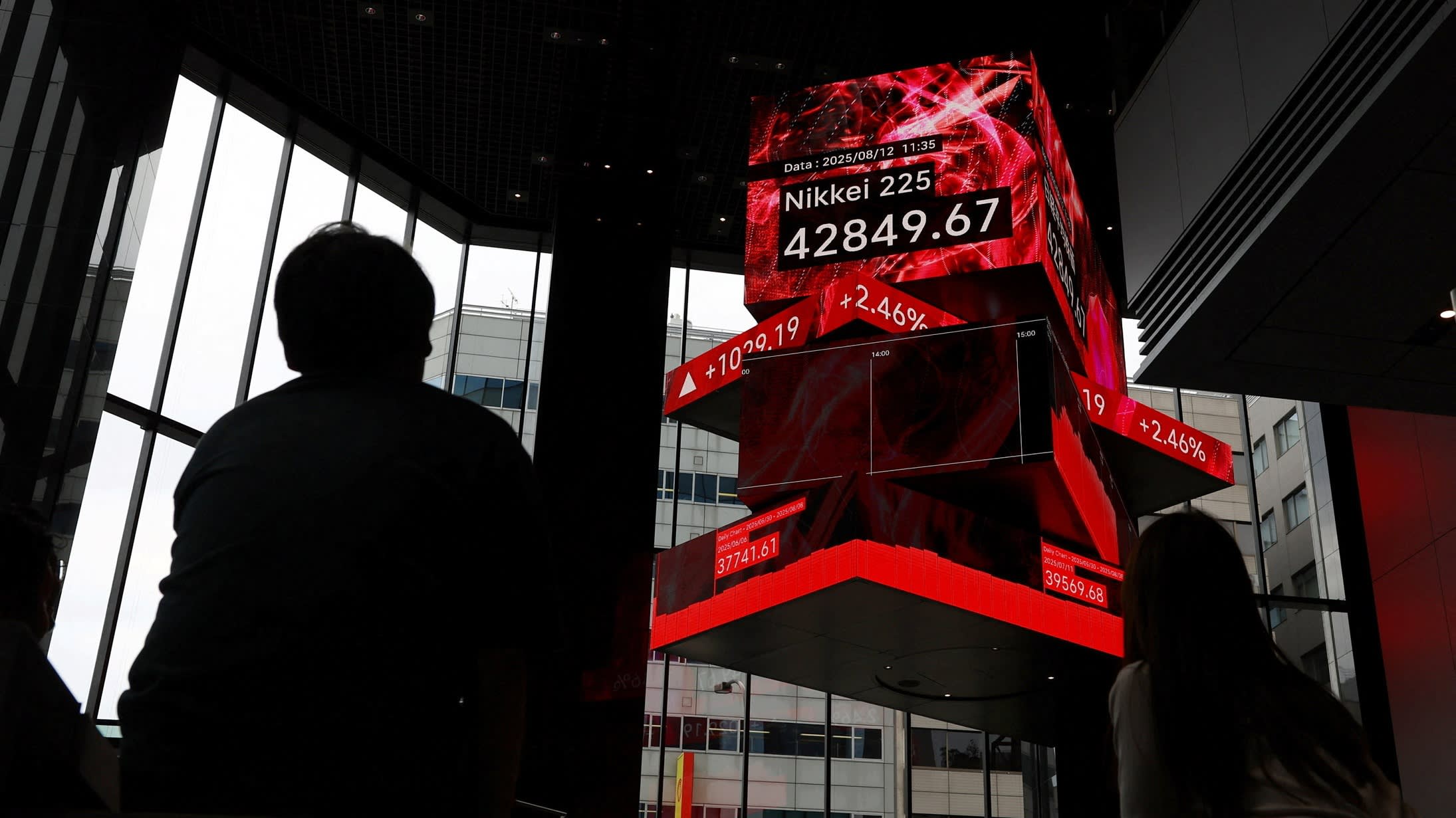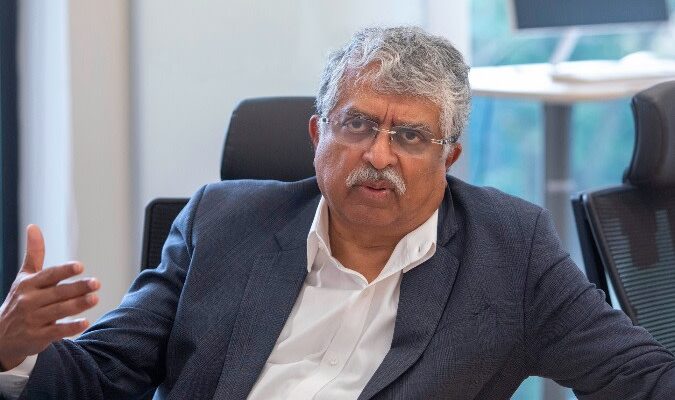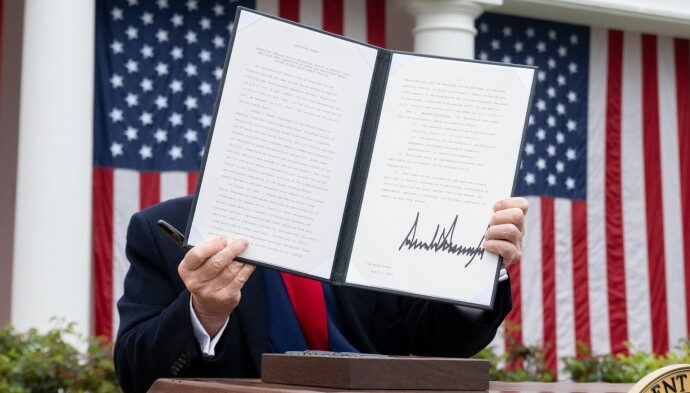
Unlock the Editor’s Digest for free
Roula Khalaf, Editor of the FT, selects her favourite stories in this weekly newsletter.
Global stock markets rallied on Tuesday, with Japanese and Australian equities hitting record highs after US President Donald Trump extended a trade war truce with China.
Japan’s Topix benchmark rose 1.6 per cent, while the country’s exporter-oriented Nikkei 225 jumped 2.7 per cent. Australia’s S&P/ASX 200 hit a new all-time high after climbing 0.2 per cent, and China’s CSI 300 gained 0.6 per cent.
Futures tracking the S&P 500 and Nasdaq in the US edged up 0.1 per cent, while the dollar was flat. Futures tracking the Euro Stoxx 50 index climbed 0.3 per cent.
Trump signed an executive order on Monday to extend a trade war truce with China for another 90 days, just hours before his Tuesday deadline to raise tariffs on the world’s biggest exporter.
The US “continues to have discussions with [China] to address the lack of trade reciprocity in our economic relationship and our resulting national and economic security concerns”, said Trump.
The truce adds to risk appetite in markets, said Hao Hong, chief investment officer at hedge fund Lotus Asset Management. “People have another 90 days to play with.”
“The fact that we’re not going back into the trade war scenario we had in April is positive for global equities,” said Bruce Kirk, chief Japan equity strategist at Goldman Sachs.
Kirk noted other significant factors driving Japan’s record equity run, including normalising monetary policy, strong corporate earnings and clarity on its trade deal with the US.
“The trade deal has reaffirmed that Japan is one of the key US allies in the region, and there’s less geopolitical risk investing in Japan than other geographies,” said Kirk.
In Australia, analysts said the domestic stock market was likely rising ahead of an interest rate announcement from the Reserve Bank of Australia later in the day. The central bank is widely expected to cut rates.
Investors and analysts said markets in Asia were also benefiting from a broader rotation of money away from US assets. “Non-US markets have been doing quite well,” said Hong.


